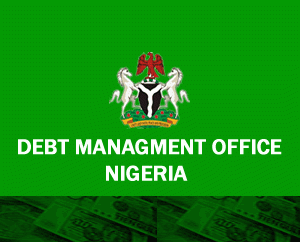The naira traded at N310 to a dollar at the parallel market on Friday, amid expectations of an intervention by the Central Bank of Nigeria (CBN). The Nigerian currency traded at N307 at the close of market on Thursday, showing a depreciation of one per cent.
However, it maintained N197 to the dollar at the official CBN’s window.
Traders at the market blamed the further fall in value, in spite of insinuations of an intervention at the foreign exchange market by the CBN, on demand for the greenback.
The National Bureau of Statistics says the Nigerian
economy, reeling from the drop in oil prices, is expected to grow by
3.78 per cent this year, up from 2.97 per cent in 2015, as it tries to
confront its worst crisis in decades.
The statistics office expected growth to reach
an average of 5.41 per cent yearly between 2017 and 2019 as
infrastructure development provide support for both the oil and non-oil
sectors, it said.
“Output in the oil and non-oil sectors are
expected to perform marginally better relative to 2015,” the bureau said
in a report, explaining its forecast. Africa’s top oil producer has
been hit hard by a slump in oil prices, which has eroded public finances
and weakened its currency.
The
naira currency has weakened 35 percent below its official level on the
black market, weighed down by sinking oil prices and speculation that
Africa’s biggest economy will have to formally devalue.
President
Muhammadu Buhari is against devaluation, backing the central bank’s
stance of keeping rates unchanged in the face of sharp falls against the
dollar on the black market.
Last
week, Nigeria’s foreign reserves fell to $28.2 billion, its lowest
level since 2005. The statistics office expects the central bank’s
adjustment of the foreign exchange management framework to be steadied
this year thus helping prices to gradually ease beyond 2016. Over the
2017 to 2019 period, inflation is expected to average 9.01 per cent, it
said.
The outlook hit investments. Last year foreign inflows fell
to $9.64 billion, down 53.5 per cent from $20.75 billion in 2014. The
bureau expected the Nigerian economy to benefit from central bank
stimulus worth N300 billion.

















































